
Olfactory dysfunction is a critical loss of information that is important for responding to our environment.

Olfactory dysfunction is a critical loss of information that is important for responding to our environment.

Researchers produce the first-ever electron microscopy images of intact coronavirus particles within olfactory mucosa.

A team at Columbia University's Mailman School of Public Health is looking at the long term of effects in some patients who are suffering from this phenomenon.
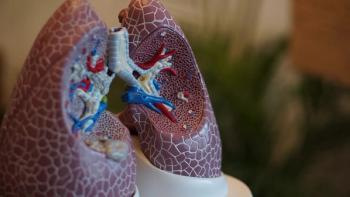
New study may help contribute to COVID-19 research.

Patients with pervasive conditions are found to be more at risk for a severe case of COVID-19.

Mady Hornig, MA, MD, shares her experiences of having lingering effects as part of a phenomenon where some people suffer from the virus over many months.

A look at the logistical questions which remain with the two leading candidates.

An early trial of fluvoxamine to treat mild coronavirus disease 2019 (COVID-19) showed promising results, suggesting the antidepressant may help ward off clinical deterioration in patients with mild symptoms.

Articles not undergoing peer review are reaching widespread dissemination during the pandemic. What are the implications?

Researchers find most common mutations appear to have been induced by the human immune system.
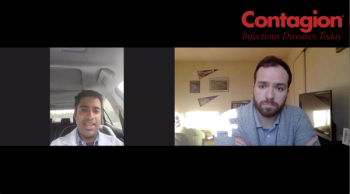
A study author at Keck Medicine of USC discusses an ongoing assessment of LY-CoV555 for preventing severe COVID-19, and the overall benefit of the drug class for pandemic mitigation.
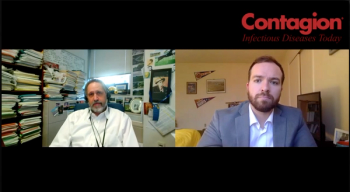
The IDSA representative discusses advances made in recent years, and how foundational guidance could be set by the FDA with input from specialists.

The former FDA commissioner weighs in on the best measures to mitigate skyrocketed new cases, and his timeline for national recovery.

OncoSec recently received an FDA IND clearance to begin a phase 1 trial.

Important finding shows convalescent plasma provides no significant benefit in severe COVID-19 cases.

Recent study shows COVID-19 survivors health improves with support of Home Health Care.
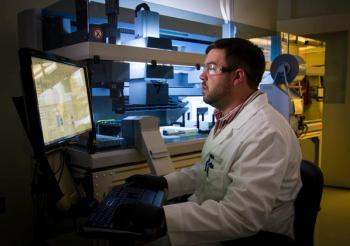
An artificial intelligence (AI) algorithm predicts outcomes in patients diagnosed with COVID-19.

New study provides deep insights into the COVID-19 pandemic.
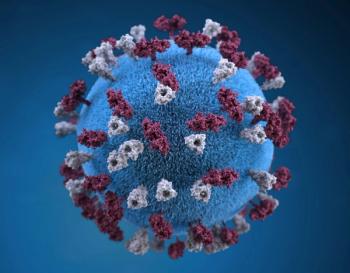
A recently created therapy for the influenza virus may help aid in the fight against COVID-19.

The guidelines were recently updated to reflect new information on COVID-19 treatment and management.

The influenza therapy is expanded to include people who have been exposed to the flu.

Accuracy of test may be influenced by size of population to be screened and prevalence of COVID-19 within that population.
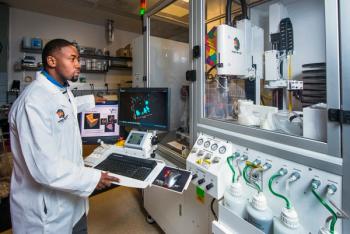
New details of SARS-CoV-2 have been obtained using 3D modeling, providing crucial insights into the disease.

National Institute of Allergy and Infectious Disease (NIAID) has selected Metabolon to participate in a study on this subject.

Data shows their AZD1222 vaccine met its endpoint and they are preparing regulatory submission for conditional or early approval.

A research team developed an algorithm review estimating not only hospital admissions, but also mortality outcomes in adults with COVID-19.

Children who were exposed to antibiotics before age 2 had a greater risk of childhood health conditions like asthma, celiac disease, obesity and ADHD, a new study in Mayo Clinic Proceedings found.
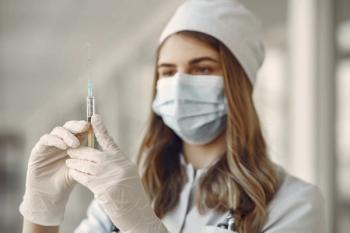
Study finds that a century-old tuberculosis vaccine could be used in the treatment and prevention of COVID-19.
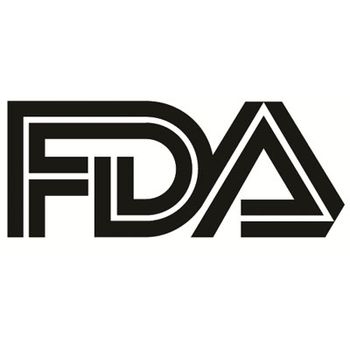
The third EUA granted to an investigational COVID-19 therapy regimen is indicated for preventing progression from mild, to severe symptoms.
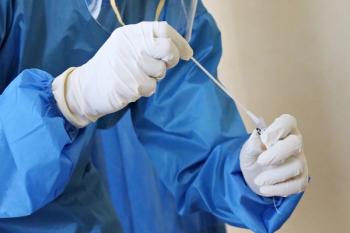
Immunologists have discovered possible treatments for COVID-19 using existing therapies.